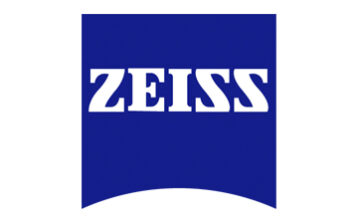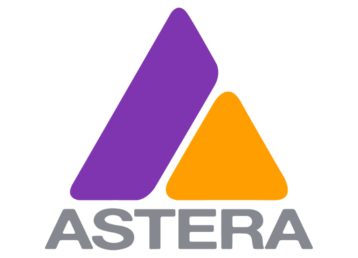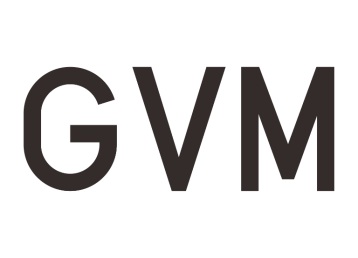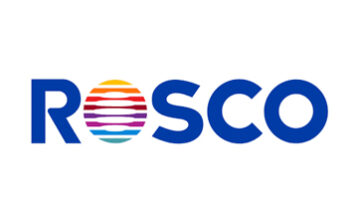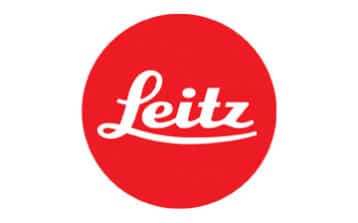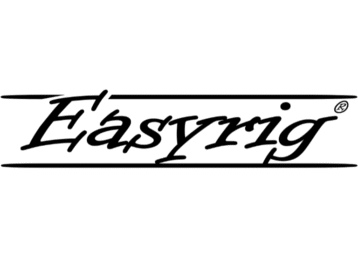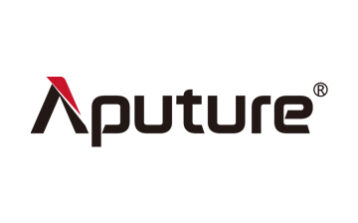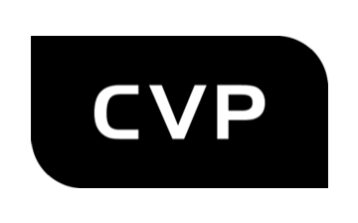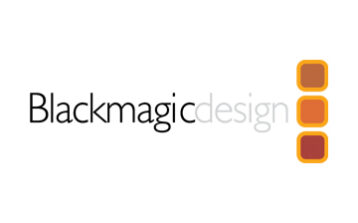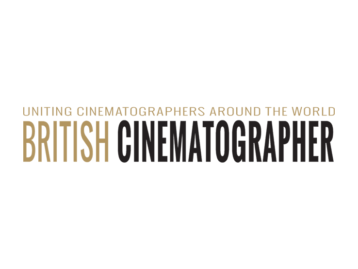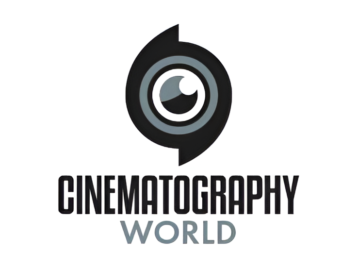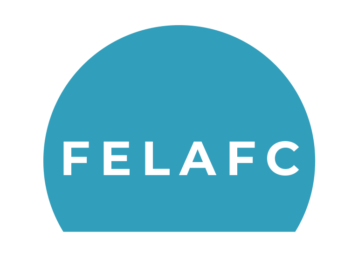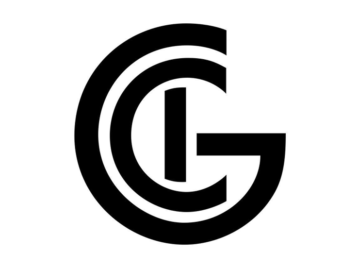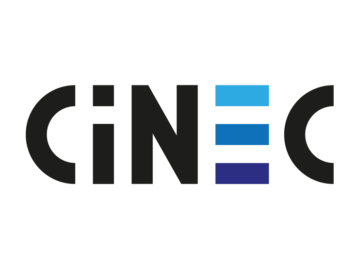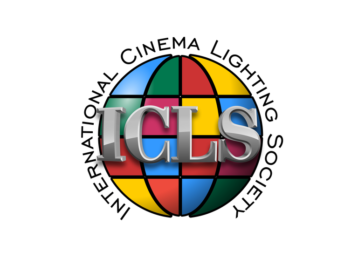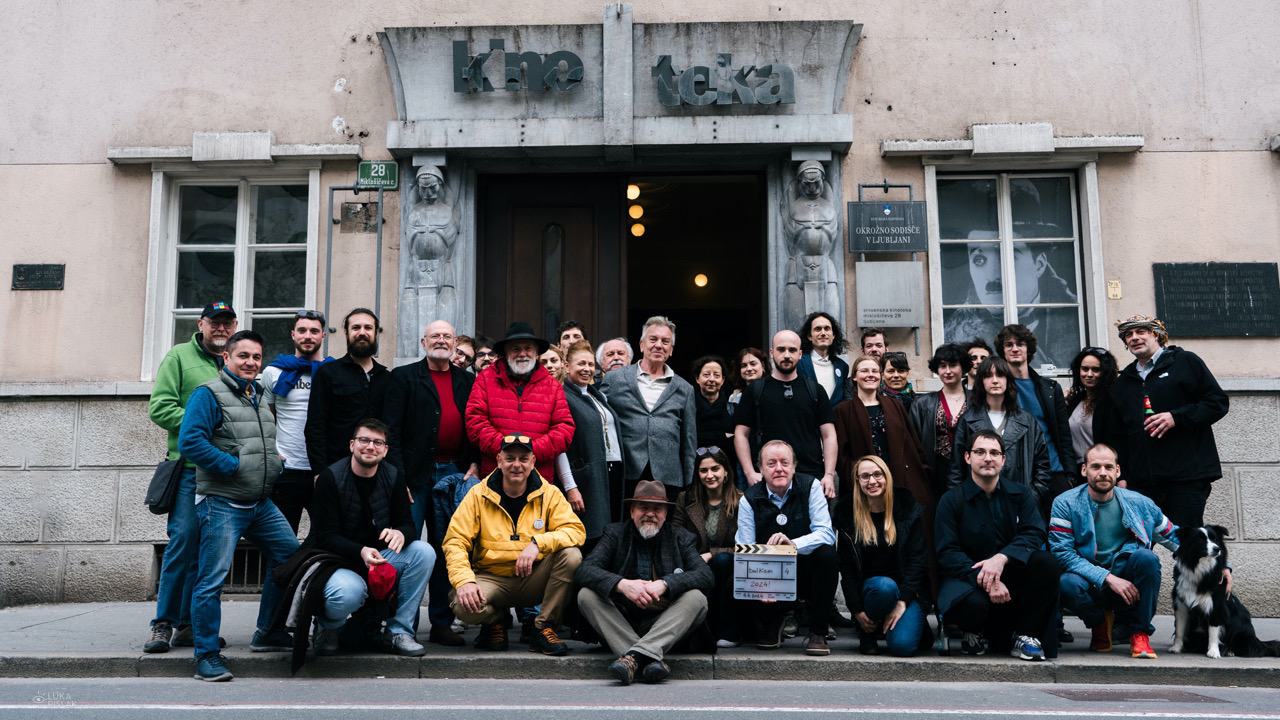
Between 4th and 7th of April 2024, the Slovenian Cinematheque hosted 4th Edition of BalKam festival, an overview of visually most interesting and successful films from the territory of former Yugoslavia. As was the case with previous editions, the films were selected by the national associations of cinematographers: ASBH (Bosnia and Herzegovina), SAS (Serbia), MSC (North Macedonia), HFS (Croatia) and ZFS (Slovenia). Every national association suggested one feature, one documentary, one short, two student and one newly restored “legendary” film. This years “Legends Section” included films such as Life of a Shock Force Worker from 1972 (d. Bata Čengić, dop. Karpo Godina), Bridge from 1969 (d. Hajrudin Šiba Krvavac, dop. Ognjen Braco Miličević), groundbreaking documentary Avstralija, Avstralija (d. Stole Popov, dop. Branko Mihajlovski) and first Yugoslavian color feature film Pop Ćira and Pop Spira from 1957 (d. Soja Jovanović, dop. Nenad Jovičić).
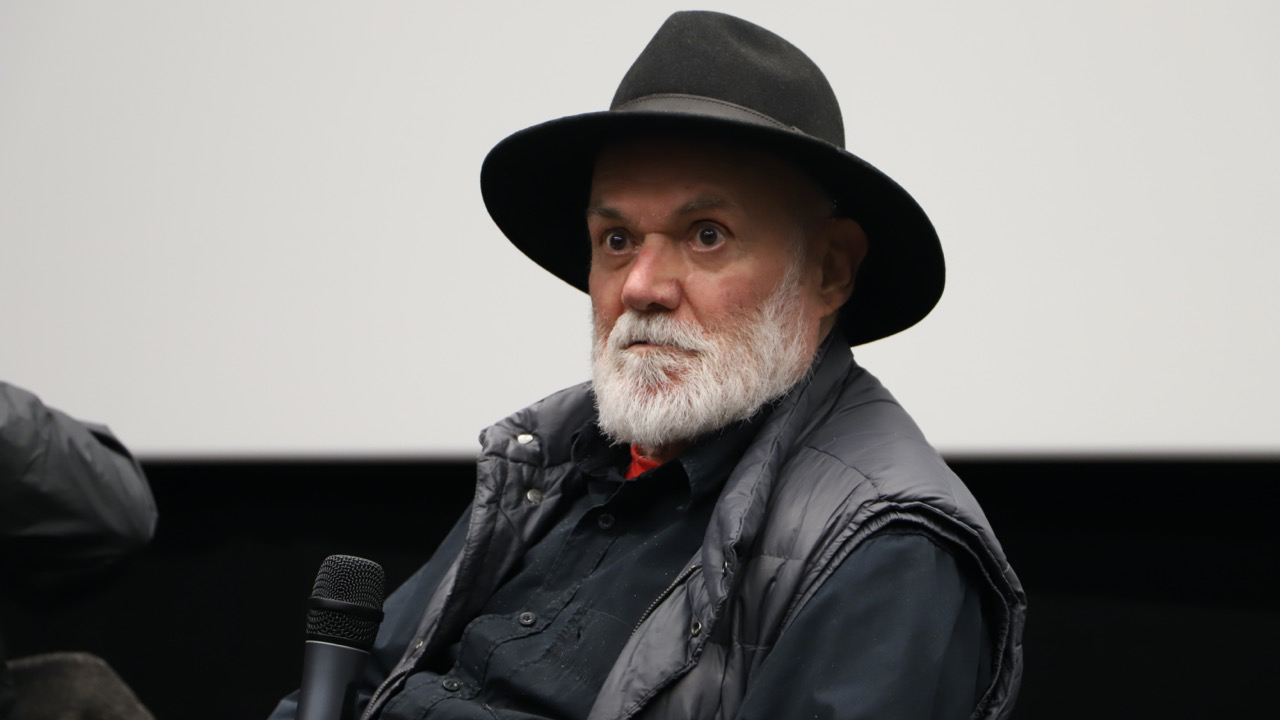
This year’s novelty was pre-festival event on 3rd of April, which honored the work of legendary cinematographer Mustafa Mustafić with screening of his digitally restored 1989 film Kuduz (d. Ademir Kenović). The event also showcased his book Miris filmske trake (The Scent of film stock) which was recently translated to Slovenian language within project led by ZFS.
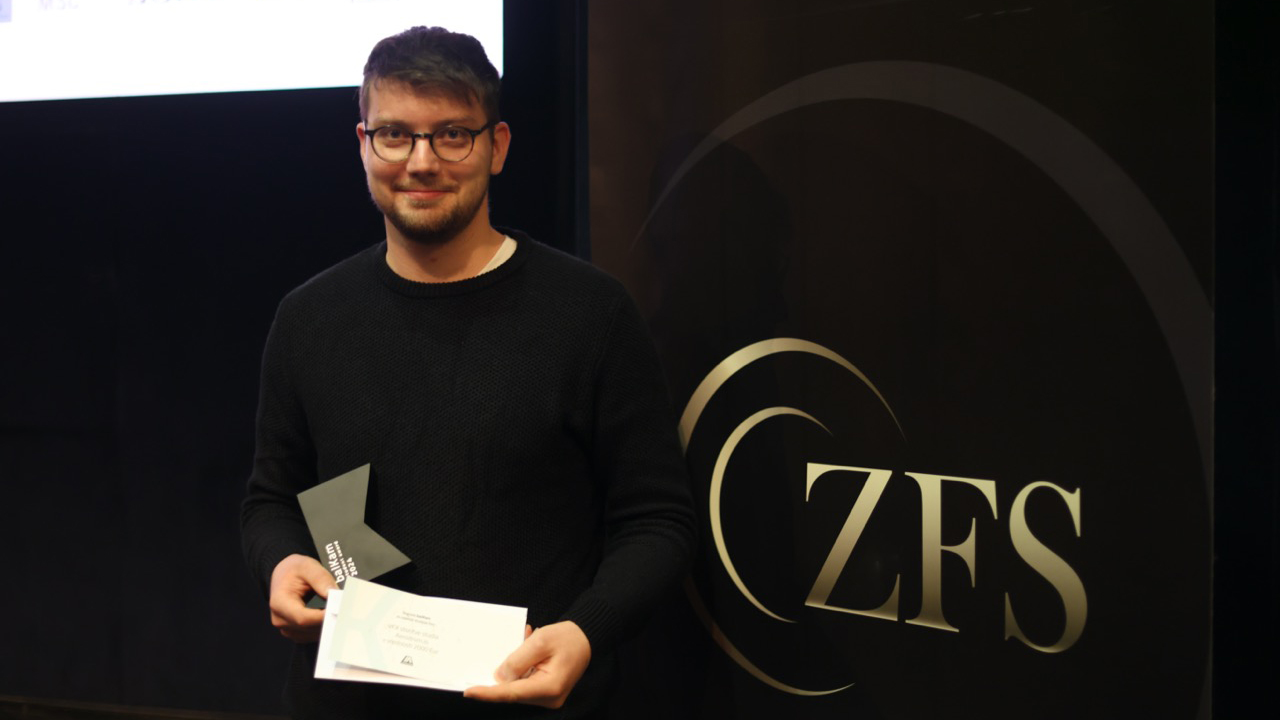
The fourth edition of the Balkan festival confirmed that there is a large interest in the connection between the cinematographers in the territory of former Yugoslavia. Every association sent a delegation of cinematographers and students consisting of 17 accredited guests. This year’s specialty was introduction of Balkan Student Prize, which was awarded to Serbian student Filip Stojanović for his student film Tetka (d. Milica Spasojević). International jury consisted of Mustafa Mustafić, ASBH, Dušan Kardalevski, MSC, Predrag Bambić, SAS and Sašo Štih, ZFS. The total number of spectators was nearly 500 who visited 13 screenings during which 27 films were shown and is a significant number for such a small festival.
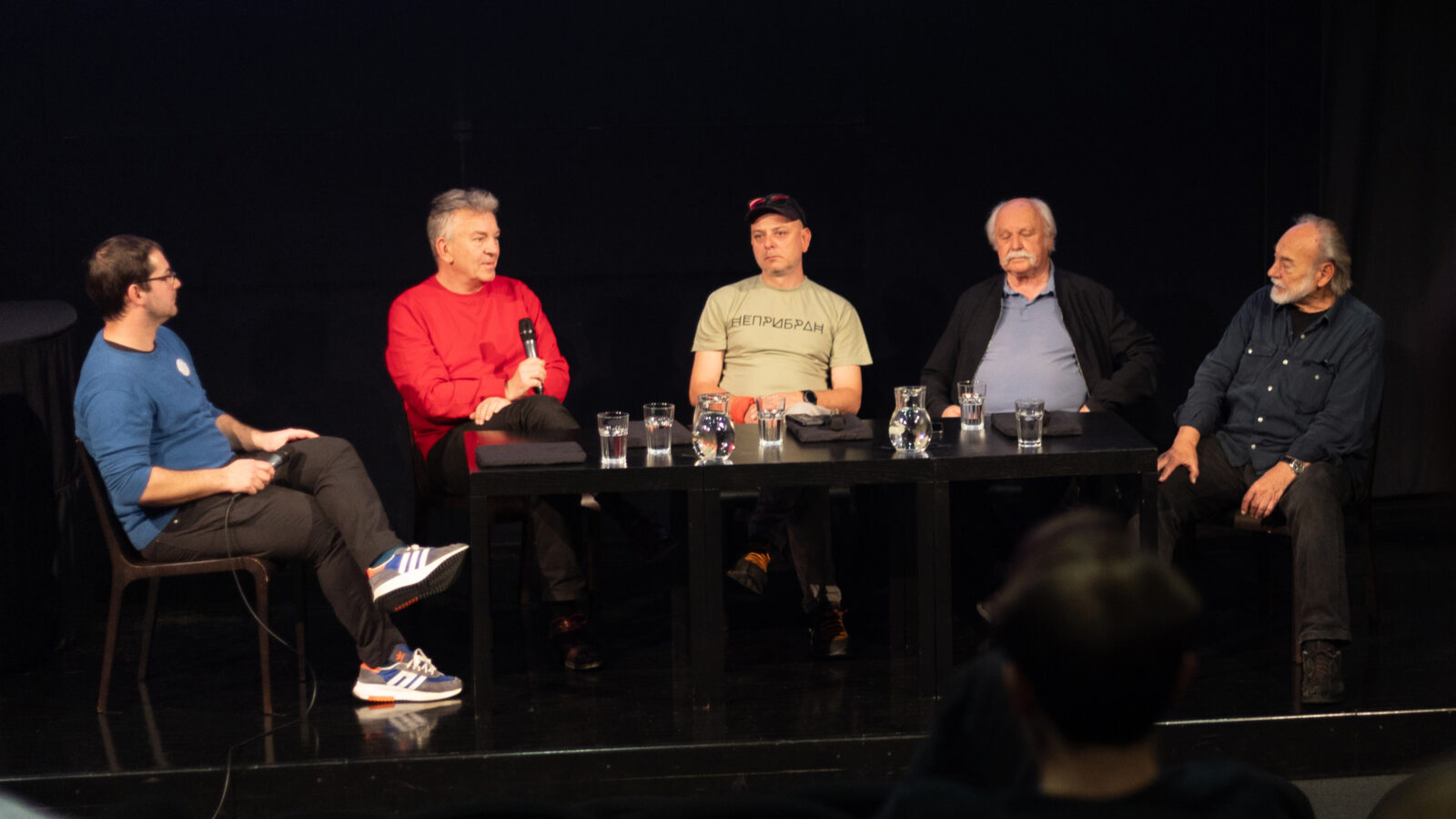
This year’s edition reprised focus on the exchange of experiences with panel discussions on important topics from the everyday work life of cinematographers, such as “Working conditions”, “What to do after study?” and “What about film heritage?”. These panel discussions opened a diologue among cinematographers from the participating countries.
The accompanying events of the festival and international socializing among participating cinematographers confirmed the need for such a festival in this part of Europe. It showed that BalKam has established itself as a place for the exchange of films, opinions, and knowledge about cinematography, and despite national bordersthat separate the sovereign countries, the BalKam brotherhood of once united country is still alive.


